I started at 16 and am still at it 51 years later, though I no longer have to buy envelopes and stamps.
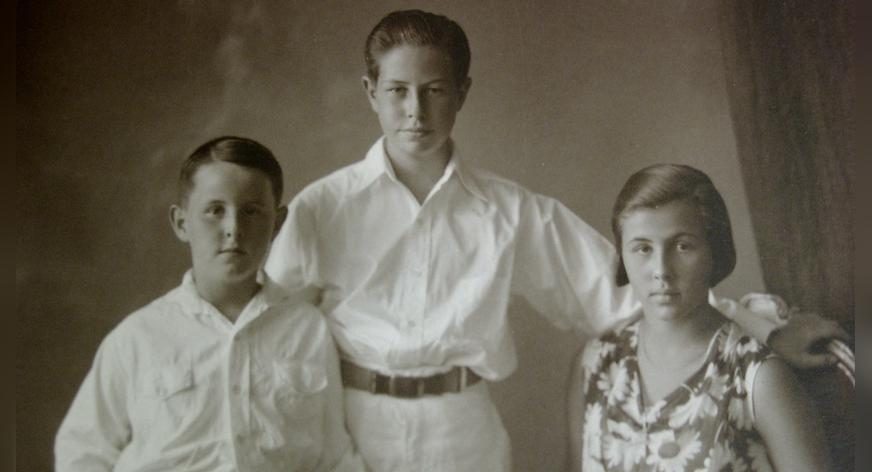

When you think of a genealogist, what does that person look like?
An elderly person, perhaps? Someone who has lots of time on their hands and for whom family history research utilizes that time?
Think again – this is the story of young Swedish genealogist Erik Elkan, 19, who proves that genealogy is a pursuit for everyone – regardless of age.
Thousands of people in Sweden – and everywhere else around the world – have, at some point, sat down and looked at old family photos. Many have looked deep into their closets and cupboards for family belongings; some have been more successful than others.
The important thing for Erik – as one of that multitude – is the moment when something completely new about deceased relatives is discovered, he says, whether it is in a dusty photo album or a hand-drawn family tree that has lost almost all its color.
My name is Erik Elkan and I was born in May 1995.
No, not 1895.
I’m not old as the hills – I am almost 20 and genealogy is one of my favorite interests. Amateur genealogists are not gray-haired, retired librarians – who kill two birds with one stone – by learning the Web while doing genealogy online.
What does genealogy mean to Erik, as one of the increasing number of young genealogists worldwide?
When writing this post, I had to think about what genealogy means to me. For real. The interest arose not because I was restless. The true explanation is that I am motivated by succeeding in life with the knowledge that previous generations fought for to help future generations. Motivation – not curiousity – is the key word, in my case.
We asked Erik about his friends and what they think about his hobby.
Those of my age find it difficult to understand why genealogy is so exciting to me. One of my school friends is however extremely interested in his own and others’ family history. We often share family photos and talk about our new discoveries. His interest has helped my interest remain alive, because a shared interest is always more fun when there is someone to share it.
Why does he think many of his own generation are not as interested?
Some are simply not concerned with stories and discoveries from the past. They lack an interest in genealogy and an understanding of the fascination it can hold. Most of my friends are not involved, but many of them could be.
If more people, especially young people, learn that genealogy is so much more than just a hunt for adding people in a tree, they would have more open eyes. Genealogy is a personal journey. You might find letters written by ancestors, photos of people who resemble living relatives and more. Also, staying on the lookout for more discoveries is important, and when you come across something new, you gain even more motivation to continue that journey.
Is it easier to talk to older people about family history?
Yes. Older people find it easier to understand why I want to explore family history. They identify more with me because they understand that family history is a way of understanding who you are, and about your identity. My mother also has a long family history and, to some extent, this also made me eager to begin.
![Erik's paternal grandfather Hugo (left) and his brother Gösta. Their father, Erik's great-grandfather Herman Hersch Elkon, came to Sweden in 1913 from Rajgrod in northeastern Poland. [Courtesy, Erik Elkan] Erik's paternal grandfather Hugo (left) and his brother Gösta. Their father, Erik's great-grandfather Herman Hersch Elkon, came to Sweden in 1913 from Rajgrod in northeastern Poland. (Courtesy, Erik Elkan)](https://blog.myheritage.com/wp-content/uploads/2015/04/MyH_ERIK222.png)
Erik's paternal grandfather Hugo (left) and his brother Gösta. Their father, Erik's great-grandfather Herman Hersch Elkon, came to Sweden in 1913 from Rajgrod in northeastern Poland. (Courtesy, Erik Elkan)
Elkan is a Jewish surname from Poland and was spelled Elkon by my ancestors. In fact, the Americans whom I have identified in the family tree (some were already familiar to my family and we visited them at a time when I had come quite far in my research), still spell it with an “o.” My family branch came to Sweden about 1910 and worked their way up as far as they could. Other branches went mainly to the United States.
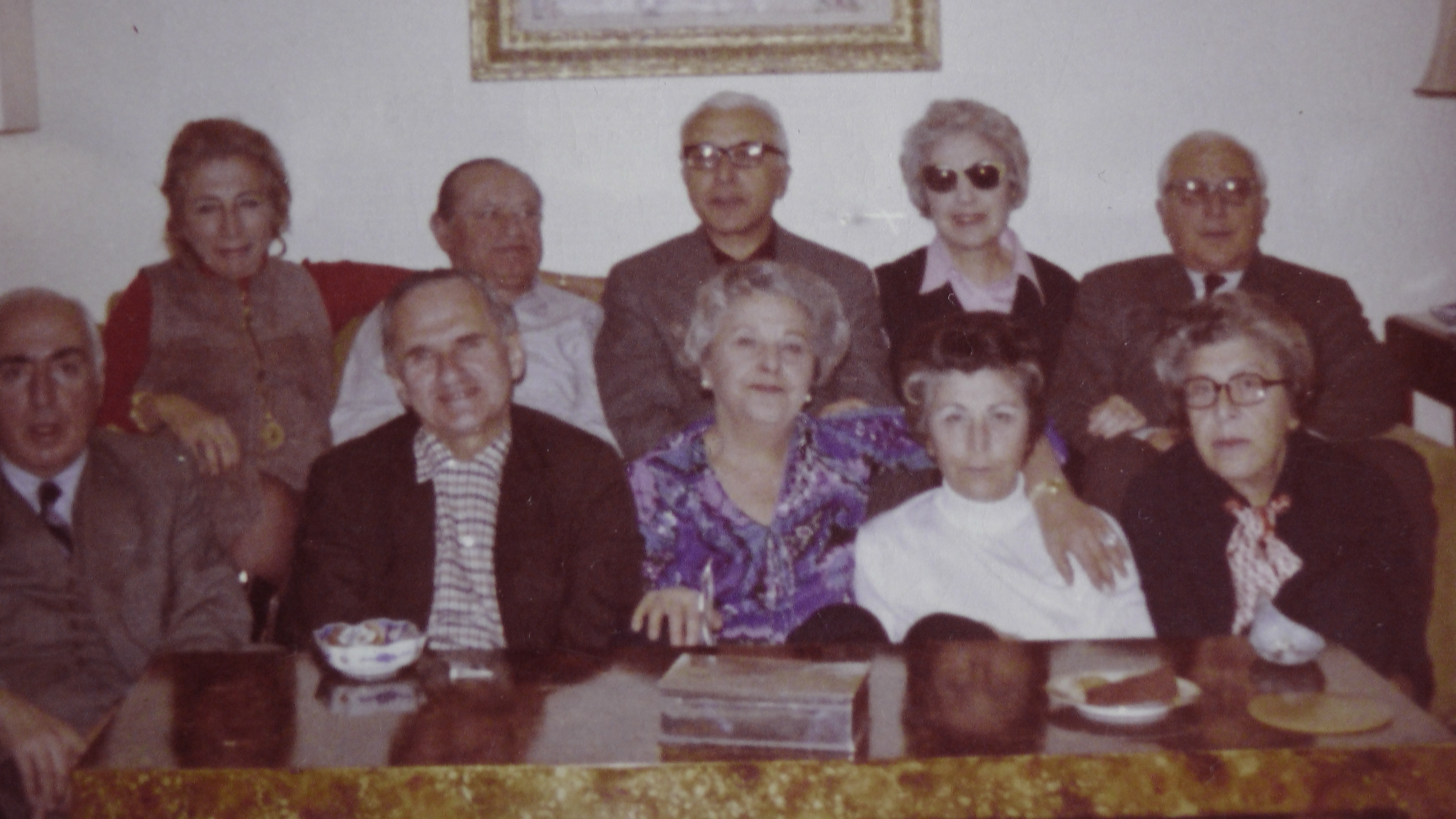
The American branch arrived in the early 1900s. The woman in white celebrated her 100th birthday in 2012, and Erik and his father attended the party. (Courtesy, Erik Elkan)
What was the reaction of the American family branches when he contacted them?
They were very enthusiastic and wanted to know everything about our Swedish branches. They were also helpful in correcting minor errors that I had made on their side. In short, everyone’s reactions were very positive.The American relatives live in Florida, New York, Georgia, California, Wisconsin and Nebraska.
One of his great discoveries was some three years ago, when his father mentioned that an aunt had a handwritten family tree.
It was on two sheets of paper, and the writing had almost faded. I quickly reviewed the tree, and then created an account on MyHeritage. The discoveries that followed were many and very emotional. Justice demands an entire book to accommodate all my thoughts and discoveries.
What has Erik learned since creating his tree – with some 450 people – on MyHeritage?
Some obvious things that I know today are largely thanks to MyHeritage. These include who my great-grandfather was and where he came from. Also, where in Sweden the “Elkanerna,” as we call them, had lived during most of the 1900s.
The most important discovery in my genealogical journey was, however, when I wrote a paper on everything I had learned and sent it to my father’s uncle, now 90. He has long been silent about the dark Jewish history that our ancestors were inevitably part of. Today, he has opened up and become interested, as a result of what I had shared with him, but which I hadn’t dared to ask him directly.
Erik has provided some tips for beginning genealogists that are relevant for all ages:
We thank Erik for his story which, we are sure, will inspire all researchers.
Have you enjoyed Erik’s story? Do you know other young genealogists? Share your comments with us.
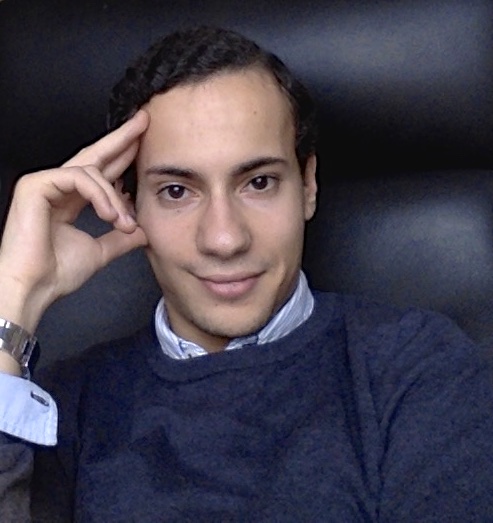
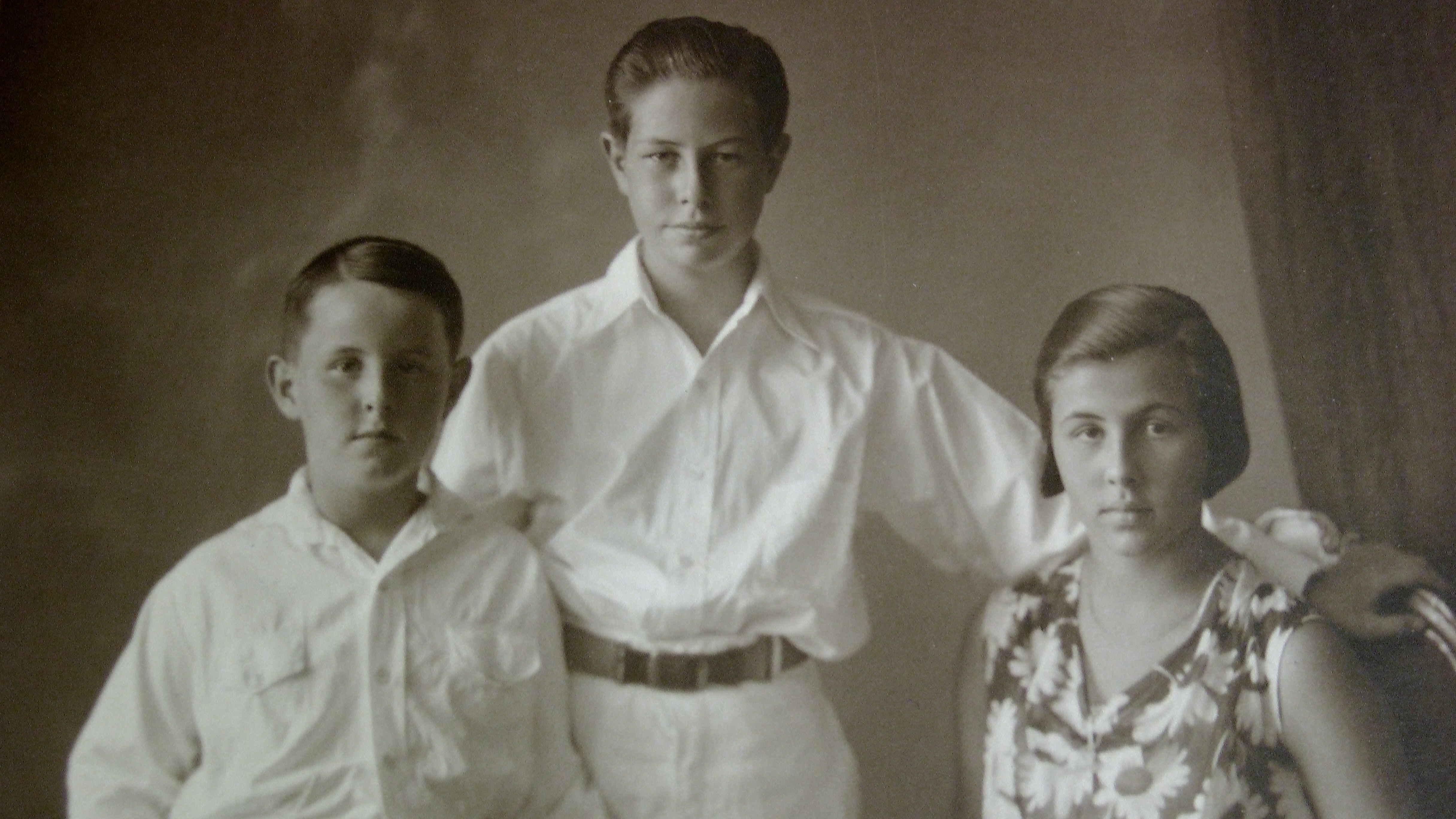


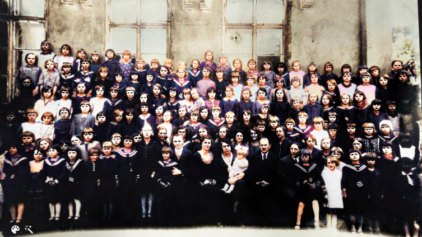
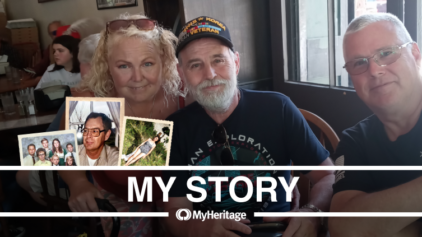
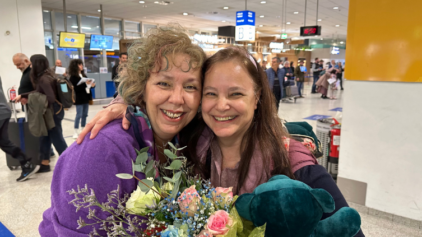
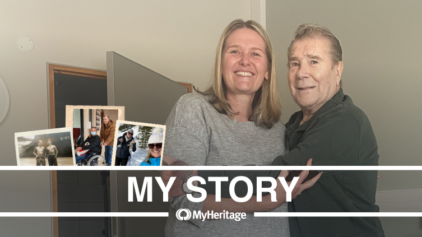
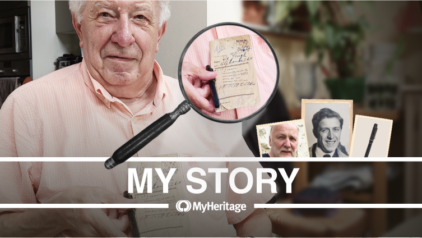
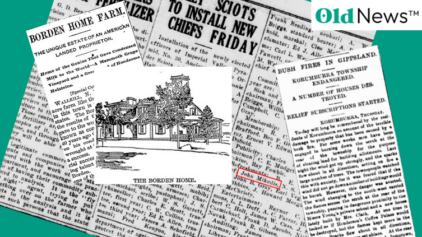
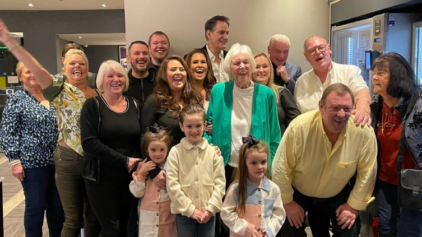
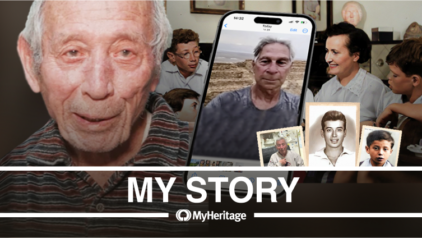
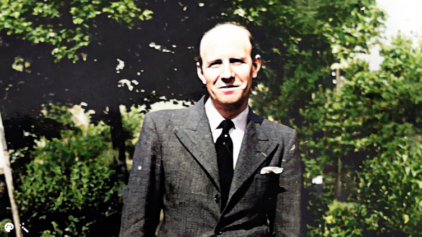
Ivan Yates
May 1, 2015
I can relate to everything Eric has said in his journey of his family genealogy. I too am experiencing the same feelings when some distant cousins, who I have never met, make contact via myHeritage.com. Whilst I am not in a place that I wish to be in my life right now, writing my family tree history book, keeps me alive, and pushing on to create a book of history connecting lots of people who to this day do not know who they are related by blood to. I hope one day to do what A.R. Jacob has done, and bring them all together on the hill above the Homestead in Co Wicklow, joining hands, and sing Amazing Grace together. Would love to hear other stories like Erik’s